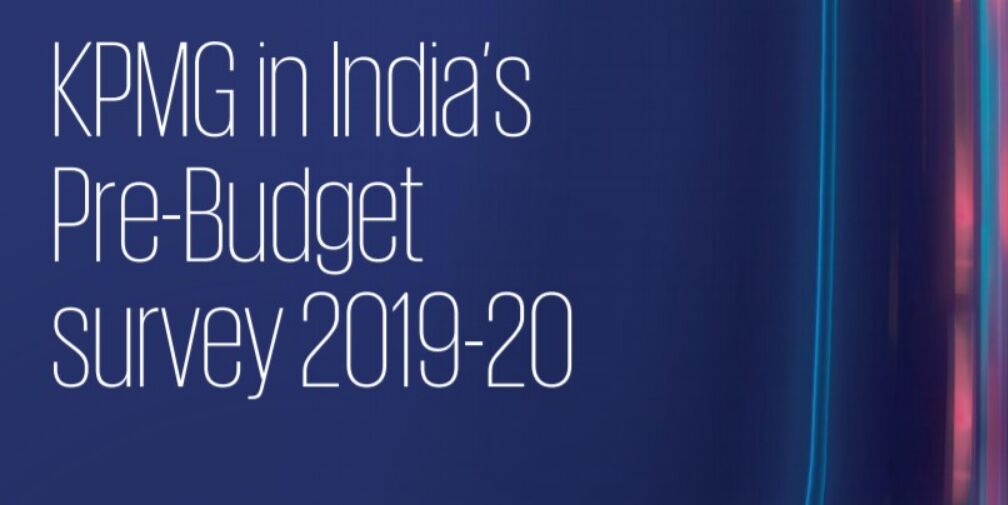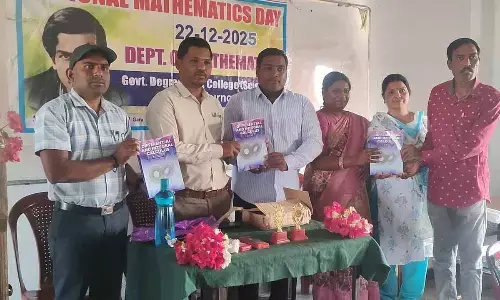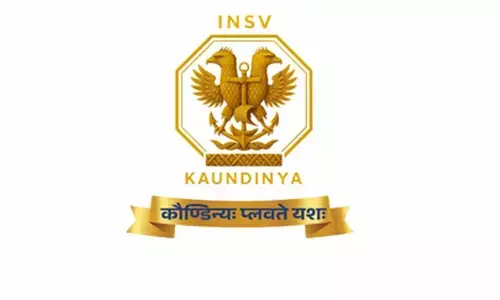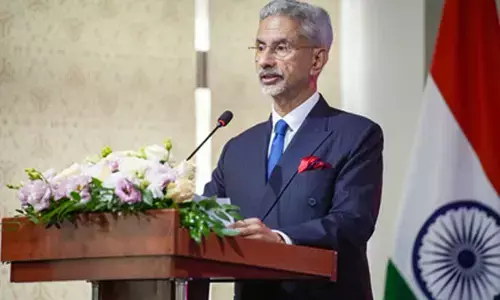KPMG in India's pre-budget survey 2019-20 findings

The taxpayers in India have many expectations from the Union Budget 2019-20 which is the second term full-fledged budget of the NDA government and presented by India's first full-time woman Finance Minister.
KPMG in India had conducted a pre-budget survey and are pleased to present the survey results of what the country expects the budget to deliver. We are also happy to state that a majority of respondents believe that the overall tax environment in India has improved as compared to the past.
Direct tax
- • The new and simplified Direct Tax Code (DTC) being on the anvil, majority of the respondents expect that the Union Budget 2019-20 is unlikely to announce any major direct tax policy amendments. The levies like Minimum Alternate Tax, Dividend Distribution Tax, Surcharge and Cess are also unlikely to change significantly
- • Majority of the respondents expect that the corporate tax rate is unlikely to be reduced to 25 per cent as applicable to small companies. The respondents expect that the tax rate for LLPs will be aligned with the tax rate applicable to companies
- • Majority of the respondents expect that for individuals there will be an increase in the basic tax exemption limit of INR2.5 lakh
- • Majority of the respondents expect the tax rate on long term capital gains arising on unlisted equity shares be harmonised at 10 per cent for Resident and Non-Resident taxpayers
Indirect tax
- • The responses received indicate that a large section of the respondents are equally divided on the
- possibility of GST rate reduction in the upcoming Budget
- • Majority of the respondents expected extension of the tenure of the National Anti-Profiteering Authority. This came true with a two year extension of the authority announced by the GST Council recently
Extending tax incentives/holidays
- • Majority of the respondents expect that the weighted deduction for scientific research expenditure incurred in the recognised in-house R&D facility to be extended beyond 31 March 2020
- • As an impetus to the 'Make in India' initiative, majority of the respondents expect the tax holiday for exports available to SEZ units be extended beyond 31 March 2020
- • To boost the real estate sector, majority of the respondents expect a raise in the deduction limit of INR2lakh for housing loan interest on self-occupied properties
- • Towards a competitive edge for IFSCs, the respondents expect an extension of tax holiday available to IFSCs to a much longer period than 10 years and also a 100 per cent holiday throughout the holiday period in line with international benchmarks
Reduction of tax litigation and rationalization
- • The respondents expect that the APA renewal process will be made less onerous and less time consuming especially where there is no change in the facts of the applicant's case
- • In line with the increase in monetary limits for filing of appeals by the tax department, the respondents expect further measures to be introduced to reduce tax litigations including a new scheme for dispute settlement
- • The respondents feel that the 'secondary adjustment' transfer pricing provisions are creating several practical difficulties in implementation and need to be relaxed suitably
- • The respondents expect that the thin capitalisation transfer pricing provisions for NBFCs and banks will be made on par and NBFCs to be exempted from their ambit
- • The respondents expect the relaxation of deemed income provision applicable to buyers who purchase listed shares under insolvency regulations and this is likely to boost the resolution of stressed assets under the IBC regime
Next Story




















